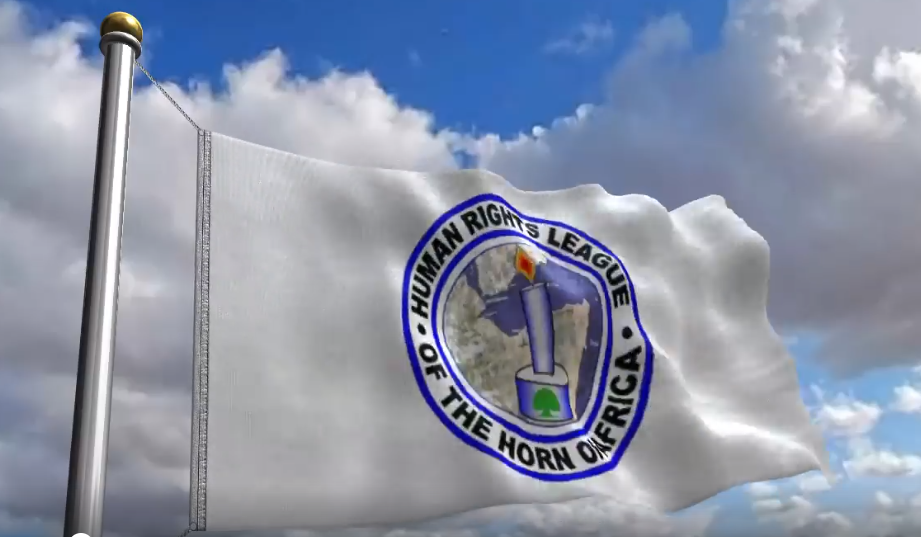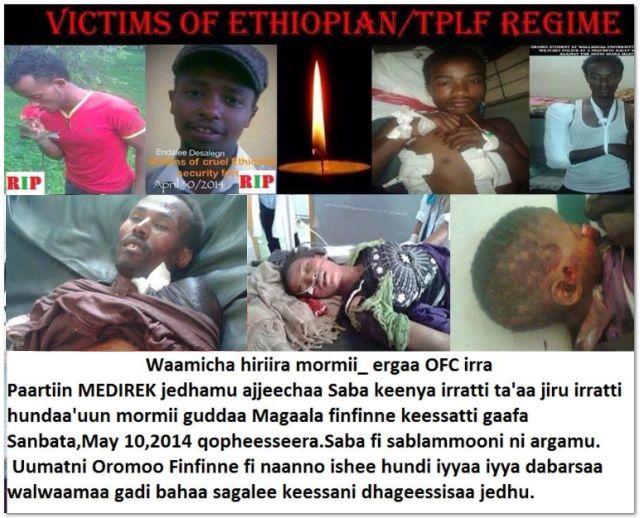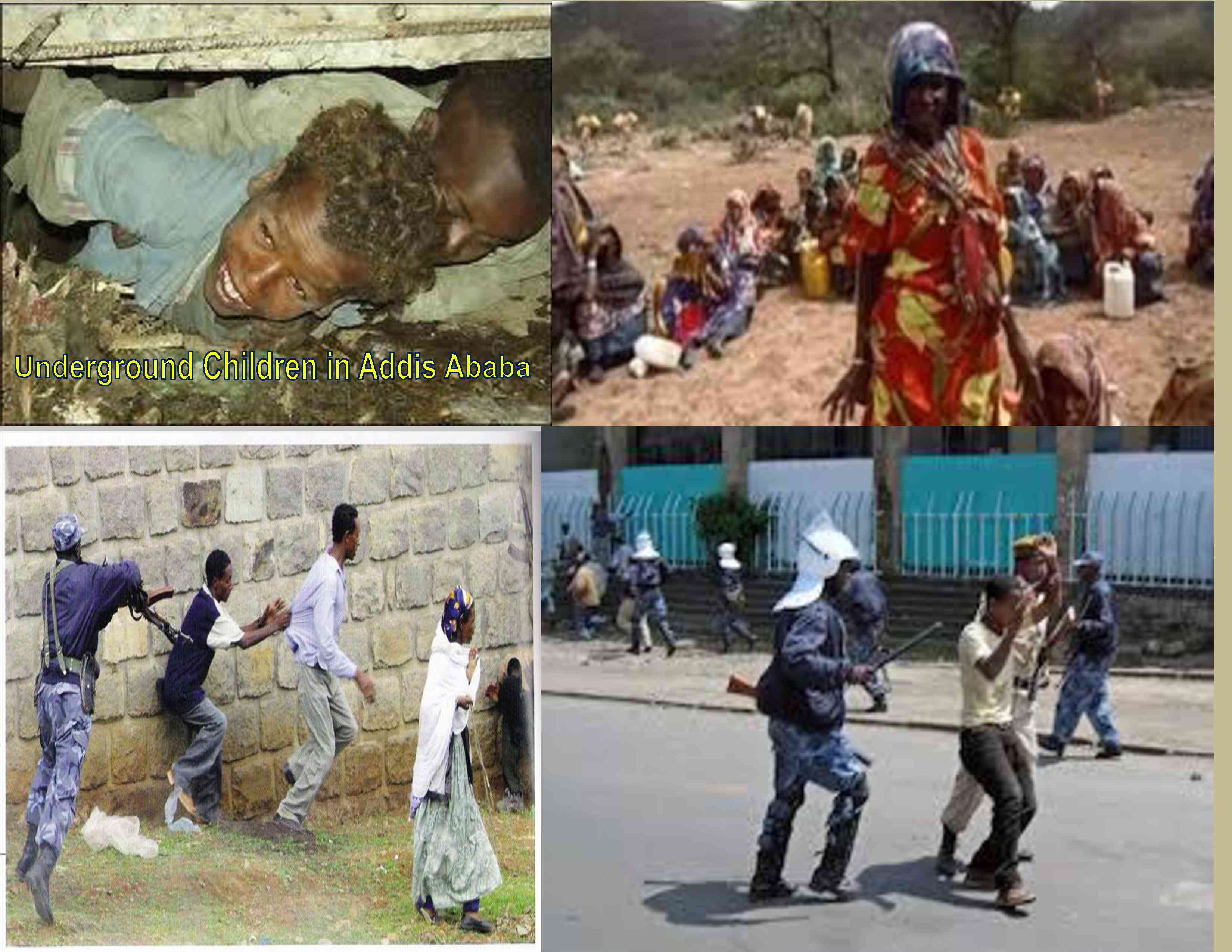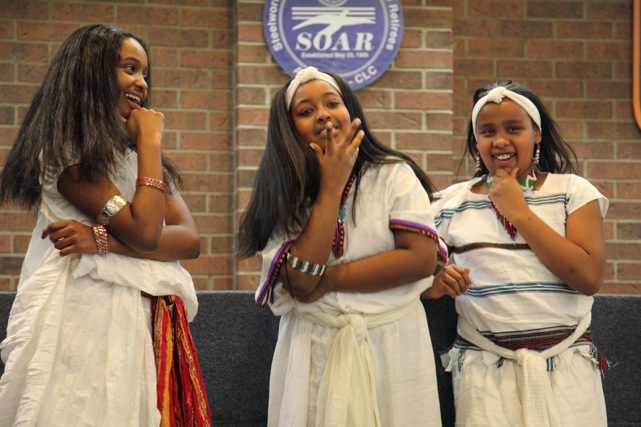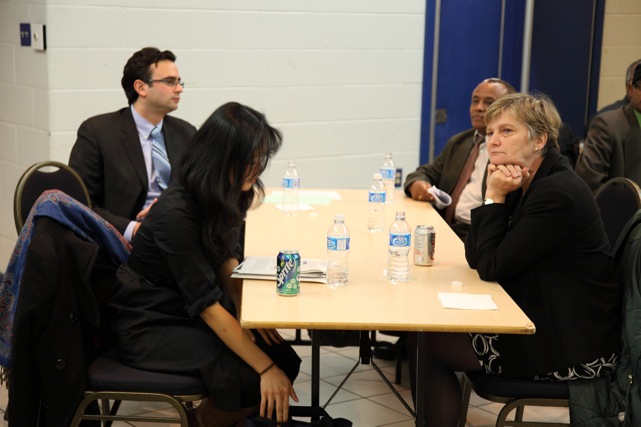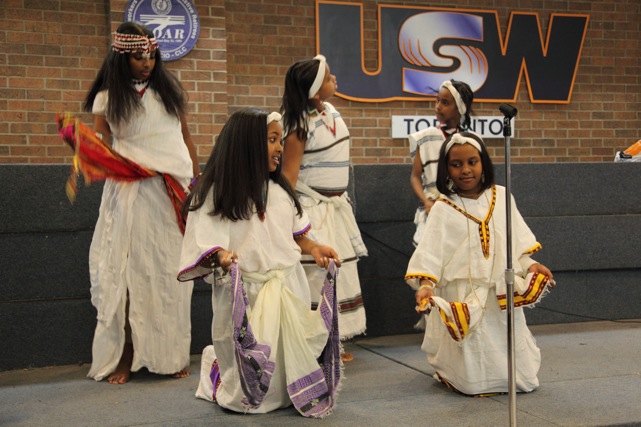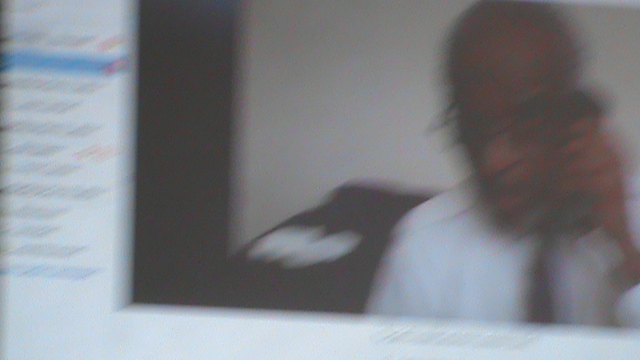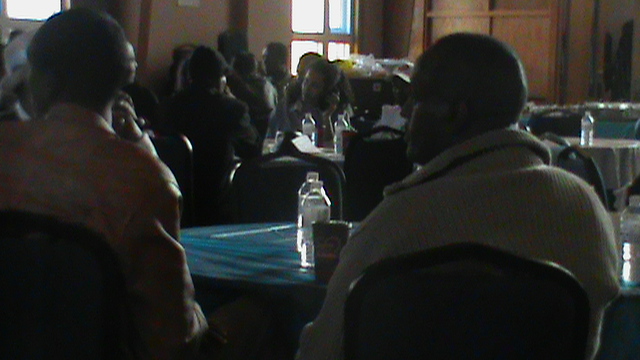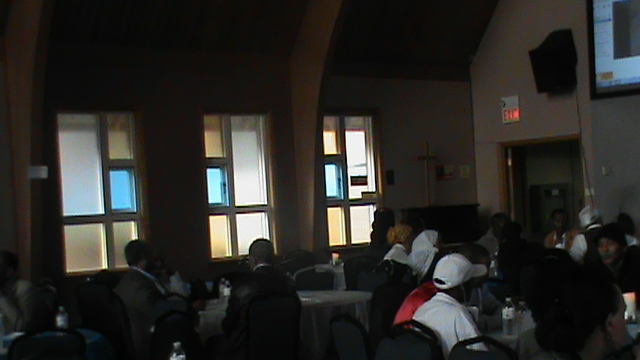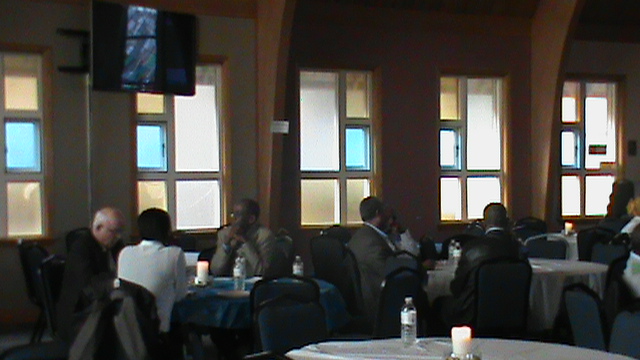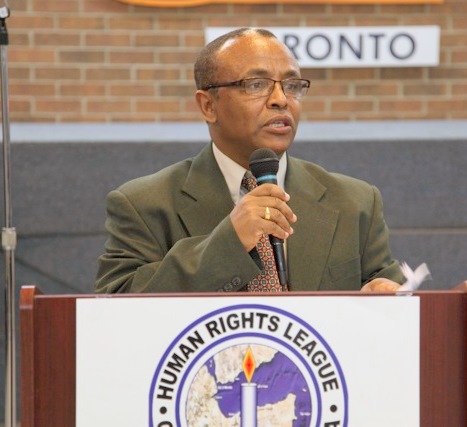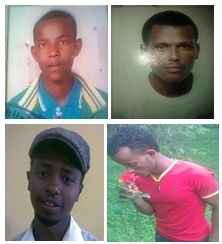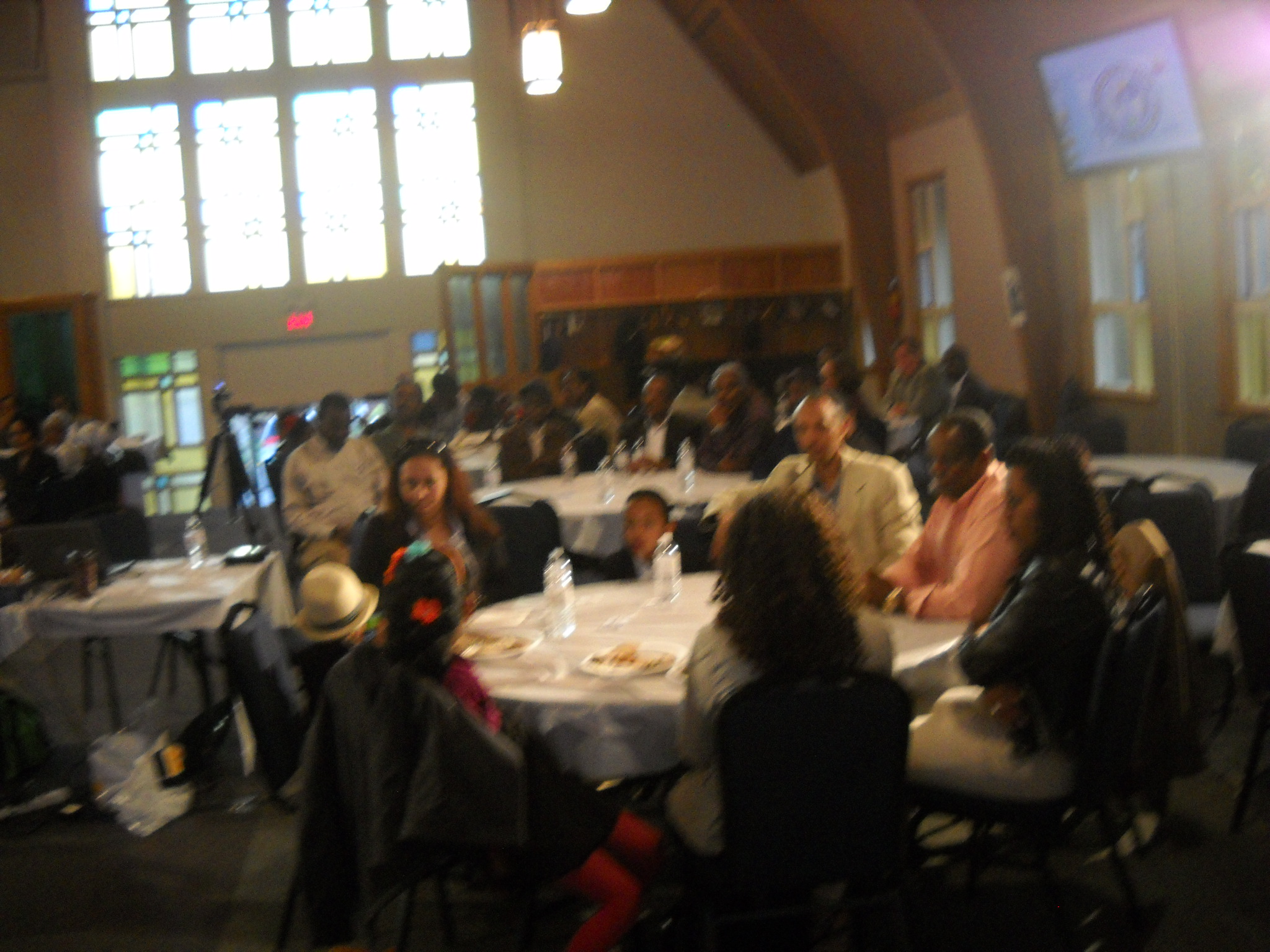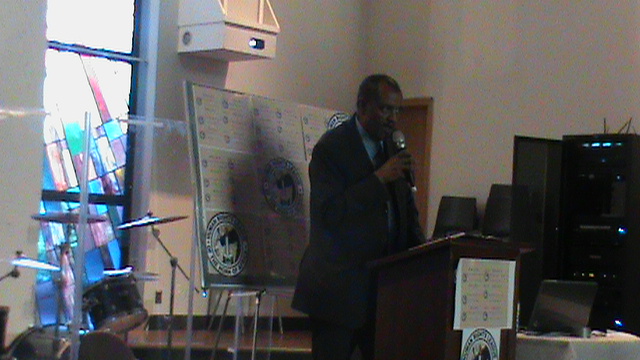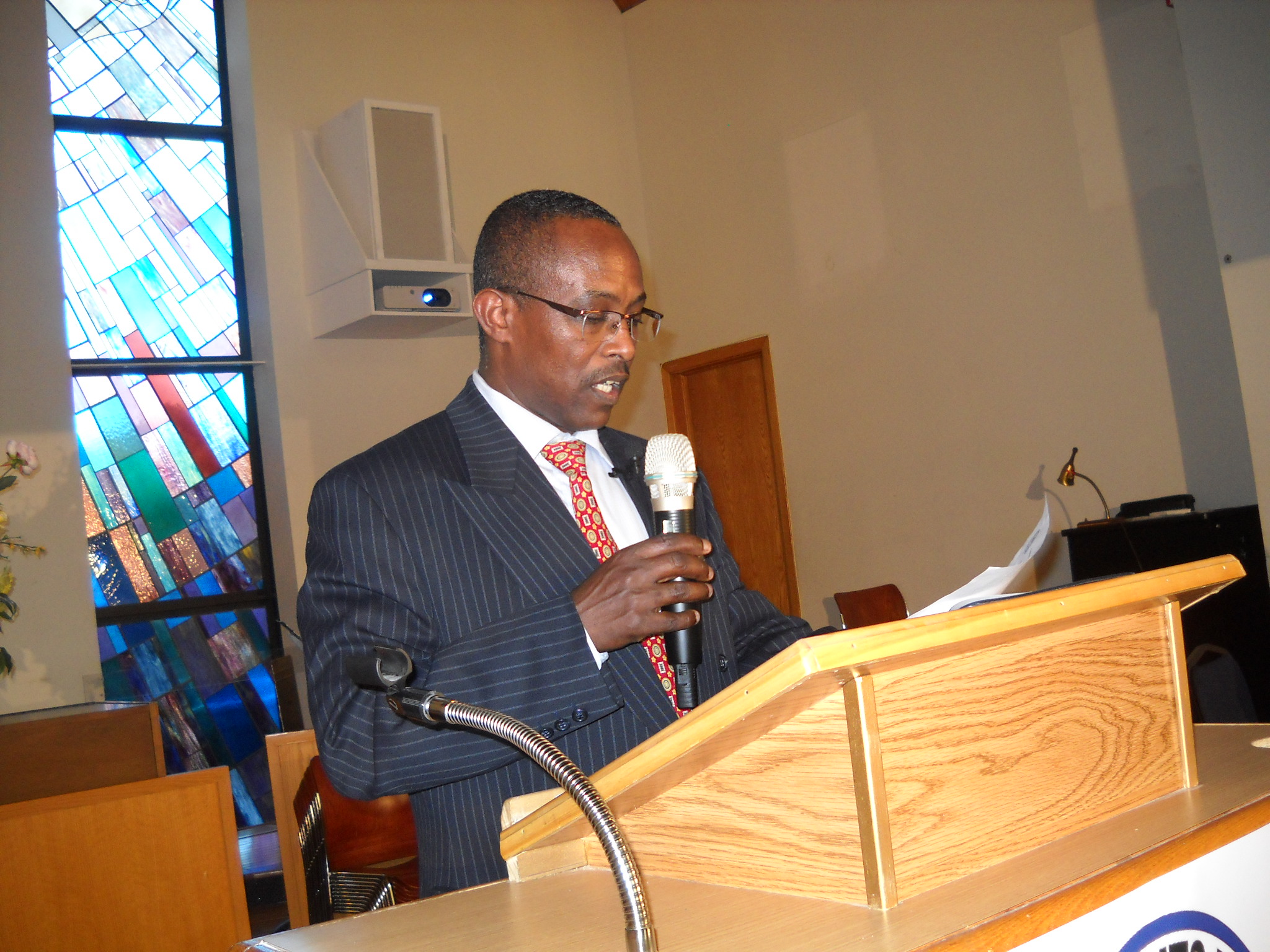Establishment, Activity, Challenges, Successes and the Fight Ahead
Executive Summary
The Human Rights League of the Horn of Africa (HRLHA) has come a long way in defending human rights. In the past seven years, despite many ups and downs, the agency’s staff and volunteers have showed to the world their commitment to defend human rights. They have proved that with a strong commitment, ideas and plans can be translated into practice and produce excellent results. Despite the difficulties it faced in generating financial and human resources, the agency has registered tremendous achievements.
Today, HRLHA is one of the regional human rights organizations that have wide recognition among the citizens of the Horn of Africa, the international community, the United Nations and civic organizations for its credible reports. However, the agency has not been able- because of lack of funds- to do everything it wanted to do each year.
This forced HRLHA to leave behind each year very important human rights issues that should have received attention. We believe that people need to become involved in human rights issues. People should aware of their rights and stand with the human rights organizations to defend them.
To avoid disconnection between the HRLHA and the human rights supporters and funders we believe the success story of the agency should be told and the challenges it faced in the past seven years should be explained.
For this purpose, the background information about the creation of HRLHA, the success story and the challenges the agency faced in the past seven years with the recommendation how to solve the problems are included
Background Information
The HRLHA originated from the human rights league (HRL), an agency established in Ethiopia on the 6th of December 1996 by Oromo nationals from all walks of life but confiscated and closed down by the Ethiopian, EPRDF/TPLF government in 1997.
The main objectives of the agency were:
• to enlighten citizens on human rights,
• to detect monitor, verify , and report human rights violations,
• to provide legal aid services to victims of violations of human rights
The idea of establishing such an organization was first conceived in the office of Urjii newspaper which received every day a bundle of human rights violations information which exceeded above its capacity to be published in the newspaper and Magazine. These and other reasons necessitated the creation of HRL.
URJII was a newspaper established by Oromo media professionals and financiers in Finfine/Addis Ababa and was first launched as a weekly monolingual newspaper in March 1994. It later became bilingual by including a biweekly English publication. The name “URJII”, which is from the Oromo Language, is the equivalent of the English phrase “The Star”
The Urjii and HRL were eliminated during the crackdown by the EPRDF/TPLF on Oromo civil servants, businessmen, and supporters of Oromo Libration Front (OLF), Human Rights activists, journalists, teachers and others in 1997. By taking this cruel action the Ethiopian EPRDF government proved its animosity towards the Oromo nation. In one week, and without a court order, more than one hundred Oromos including seniors, governmental and non-governmental workers, families with their children were picked up from their homes, work places and other places at different times, their houses and offices were searched, they were beaten and handcuffed and taken to Maikelawi which is known as “Ethiopia Guantanamo”. The Mecha Tulama Association, the Urjii publishing company and the Human Rights League (HRL) were the Oromo institutions that suffered from the crackdowns.
The EPRDF/TPLF government falsely charged the group in late 1998 with armed conspiracy and providing support to the armed activities of the Oromo Liberation Front (OLF). This unlawful action of the EPRDF/TPLF government, which breached the Transitional Period Charter of Ethiopia, July 22, 1991 Part one, “Democratic Rights” articles (1and 2) and international covenant on civil and political rights which the EPRDF/TPLF government signed in 1993, was condemned by many International civic organizations such Amnesty International , Human Rights Watch, Pen International, CPJ, and Oromia Support Group, and governmental organizations such as the European Union, and the US State department. After four years in prison, many members of the group were released without being convicted.
After the HRL officers were released from prison, their first ambition was to reopen the office of the Human Rights League. However, the move to resume defending human rights became more difficult. Demanding back the confiscated documents and computers taken by the government security agents was unthinkable. The case of the human rights league was still pending for more than four years because the suspects were charged with another case and imprisoned. Some of the released individuals, including the League general secretary, were chased by the police for interrogation purposes regarding the activity of the Human Rights League. This forced them to flee to a neighboring country.
The Need for the Establishment of HRLHA in Diaspora
The Horn of Africa, consisting of Djibouti, Sudan, South Sudan, Eritrea, Ethiopia, and Somalia, has been and continued to be a region of instability for decades due to political tensions within the states, internal and external conflicts, hunger, and forcible displacements from livelihoods in the name of investments but without due compensation. Another reason for the instability in the region is its considerable strategic importance and its diverse religious and ethnic groupings that have played significant roles in attracting the attention of nations far beyond its borders. The history of most countries of the Horn shows that the states were controlled by colonial European countries- mainly England and Italy- during the colonial period 1869-1941. The colonizers did not change the existing internal hierarchies system of the countries during their occupation. Instead, the European colonizers exploited these internal differences in order to pursue their own interests, supporting those who could best serve their expansionist intentions. When the colonizers left the region, the feudal system returned, bringing more political unrest and division among the nations of each state.
Today, in the 21st century, when many countries in the world have transformed their previous abusive systems to more progressive and democratic ones with better economic and political structures, countries in the Horn Of Africa have seen very little change. In these countries the military still plays a major role in suppressing change.
For example, the Ethiopian empire was created at the beginning of 1900 by Abyssinian conqueror Minelik II eliminating the indigenous citizens of Oromia and the Southern people- and more has been done under his successor Hailsillasie I. After the end of the Monarchies era of the Abyssinians in 1974, the new Military government created another form of exploitation method under which thousands of Ethiopians were severely abused. Under the so- called “Red Terror” campaign, the military government killed thousands of Ethiopians who the government considered the enemies of the Ethiopian revolution towards Socialist system.
After the military government was toppled in 1991 by the groups who struggled for decades to bring equality and prosperity by removing the military dictator and abusive government, all Ethiopians and the rest of the world expected tangible social, economic and political changes to the country. However, the current Ethiopian government repeated the same mistakes as its predecessor but using a more sophisticated plan. The previous method of violating human rights of the citizens was changed by moving away from abusing the general population to targeting the specific nations and nationalities in the Empire. The Oromos, Gambelas and Sidama people and others are the most victims of the current system led by the Front/TPLF. To maintain its power, the TPLF committed systematic and planned human rights violation of all kinds against those citizens including killings, forcible disappearances, imprisonments, and forcefully evicting people from their land.
The TPLF government uses very expensive modern Western technologies to spy on its citizens by jamming the international and domestic transmission of mass media, phone calls, and electronic mails . The Tigre people’s Libration Front uses all possible means to legitimize its systematic and complex abusive system by adopting different laws by which it suppresses its opposition. The 2009 anti – terrorist legislation adopted by the TPLF government parliament is the primary example of this type. Many governmental and non-governmental organizations around the world have condemned the Ethiopian anti-terrorism law, describing it thus:” Ethiopia uses anti-terrorism law to imprison journalists and to criminalize opposition political parties”. The Ethiopian government is violating the most basic human rights by denying individuals fundamental legal, political, social, economic and moral entitlements. It is a situation in which citizens are treated as if they were less human and undeserving of human respect and dignity. Such violations are hindering not only the flourishing of democracy but also socio-economic development.
These human rights abuses include limitations on citizens’ rights to elect their representatives and change their government through elections; denying people opportunities to participate in making socio-economic and political decisions; unlawful or extra-judicial killings, kidnappings and disappearances, tortures of differing forms, and mistreatment of detainees by prison guards and security forces, poor and life-threatening prison conditions, arbitrary arrests and detentions, particularly of suspected sympathizers or members of opposition political organizations- thereby denying diversified political views and choices; police and judicial corruption, detention without charge and lengthy pre-trial detentions, infringements on citizens’ privacy rights including illegal searches and confiscation of properties, restrictions on freedom of the press and harassment of journalists, restrictions on freedom of assembly and association. More disheartening is that most of such grave human rights violations are not even brought to light, and to the attention of international communities. This is mainly due to the very suppressive political systems in this country. Civil organizations, human rights and press freedom advocates in particular, are not allowed to exist and operate.
What forced the former HRL members to re-launch this organization from the Diaspora is the fact that the human rights situation in that part of the world, in Ethiopia in particular, instead of improving, has been getting worse over time and spilling over to the neighboring countries into which human rights victims who flee the country are chased. The HRLHA believes that those fundamental rights (social, economic, political rights, freedoms of thought, speech and assembly or organization, etc) are indivisible, interrelated and interdependent. It also believes that this is one reason why developing countries such as Ethiopia and others are trapped in underdevelopment, poverty, homelessness and related social-economic as well as political crises.
For the past seven years, the HRLHA has attempted its best to monitor, investigate and report the human rights violations in Ethiopia and the rest of the Horn of Africa countries by using mainly volunteer human resources. Most of these volunteers, who have a deep interest and a willingness to be part of the campaign against human rights violations, are not financed. Having as many branch offices (crucial) as possible in those Horn of Africa countries as well as recruiting, training and dispatching additional reporters, investigators and field officers, still remain big issues for the HRLHA. The branch office that opened in October 2013 in Kampala/Uganda didn’t start to operate because of a lack of a budget. The work of the HRLHA also includes establishing ties and networks with local media and communication agencies and working on launching educational programs and disseminating information that help to raise the awareness of peoples in the region on defending their fundamental rights and self-determination.
Management and Organization
The HRLHA’s organizational structure is not only modeled on participatory democratic principles but also consists of different organs that work together in a cohesive and mutually reinforcing way. At the top is the General Assembly/members, which is the supreme governing body of the League. The executive organ of the League is the Board of Directors, which is composed of nine members. It provides essential policy guidelines and makes policy-based decisions. The HRLHA Executive Director is responsible for the running of the day-to-day activities of the League.
The rest of the HRLHA consists of other professional staff and line organs including chief investigator & editor section, reporters, legal service and public relations section, civic education, Project and Research section, Finance section, and Regional offices.
In recognition of the credible outcomes of its activities of monitoring and reporting on human rights issues as well as its contributions into the field, the HRLHA was granted a Special Consultative Status by the United Nations Economic and Social Council (ECOSOC), one of the six major organs of the UN, as of July 2011. This enables the HRLHA, among other things, to actively engage with the ECOSOC and its subsidiary bodies as well as the United Nations Secretariat programs to present any kind of human rights violations in the Horn to the member states and to UN human rights commission.
Some of the outcomes of the reports and the urgent actions include:
The release of detained refugees (from prisons in Sudan and Yemen),
The delay and cancellation of the deportation of refugees ( who were seeking asylum in Sudan) by the Ethiopian government,
Providing evidence to other human rights organizations to pressure the Ethiopian Government to respect international human rights standards and halt the human rights violation against civilians and others
The Challenges:
The HRLHA’s biggest challenge has been financial, as it has not been able to secure any funds from any donor organizations in the past seven years. The main reason for this is that the financial support the HRLHA managed to collect in past years from its supporters was very minimal. However, despite the fact that most of the money has come from volunteers, the organization has performed its job of monitoring, detecting, investigating and reporting on human rights violations in Ethiopia and in the Horn. It has managed to execute most of its plans of action and meet its objectives for the past seven years through the extraordinary commitment of its tireless and dedicated volunteer staff. This dedication has elevated the status of our organization to a very high level. Today, the HRLHA can represent the voiceless with confidence and speak loudly on international stages about the hidden human rights abuses in Ethiopia and other Horn of Africa countries
In addition to what HRLHA has laid down as its long and short term plans in the Horn, the Special Consultative Status that HRLHA has been awarded by the UN comes with multiple direct and indirect responsibilities that require us to double and triple our efforts in order to meet the expectations. To this end, financial help from human rights supporters is crucial. Therefore, your urgent action to strengthen HRLHA financially is extremely significant at this point.
To solve the financial problems that the HRLHA has encountered, worldwide campaigns to raise funds and recruit supporters began on April 1, 2014. Besides the fundraising event being held today (May 17th, 2014), the other ideal way of supporting the HRLHA is making regular monthly contributions directly to HRLHA’s bank account. To ensure the continuity of HRLHA’s commitment to representing the voiceless and the defenseless, a minimum monthly contribution of $20 from HRLHA’s supporters would be ideal. Naturally, those of us who are able to do so can go above the minimum contribution requested.
The following would be some of the good reasons why you should contribute
• To raise awareness of ordinary citizens about their fundamental human rights,
• To speak on behalf of the voiceless who were subjected to injustices and held behind bars because they attempted to exercise their fundamental rights,
• To assist victims of human rights abuse in the Horn of Africa and other targeted peoples,
• To support the HRLHA so that it could continue its activities as a rights’ defender,
• To be part of and actively participate in the growing global and regional human rights movements,
• To become and remain an informed and active global citizen.
Where the Donation money goes
HRLHA staff members work hard to maximize the return on the donation. Every dollar we receive will be directly used to realize the annual action plan of the agency. Your donation will directly help hundreds – or thousands – of people.
Some examples of what your donation will make possible include:
• Paying telephone bills to collect human rights abuse reports and payments to reporters,
• Air and Bus tickets and allowances for international meetings
• Research: collecting information, conducting interviews, compiling the information and disseminating the results.
• Paying for office materials and printings
Others
Yearly Audited Financial statement of HRLHA
How to set up and start a continuing monthly financially support for HRLHA by using the following options
Direct Deposit
1. Name of the Bank, TD Canada Trust
2. Customer Name:- The Human Rights League
• TDCT Account NO.
• Transit No. : – 11442
• Inst No. : – 004
• Account No. : – 05165213128
3. SWIFT Code: – TDOMCATTTOR (all are letters),
4. Routing # 026009593
5. 5. Bank Address:- Canada Trust, 2440 Bloor Street West & Jane Street
Toronto, Ontario M6S 1P9, Canada
Or go to HRLHA web site, www.humanrightsleague.com and use Paypal Payment Method
